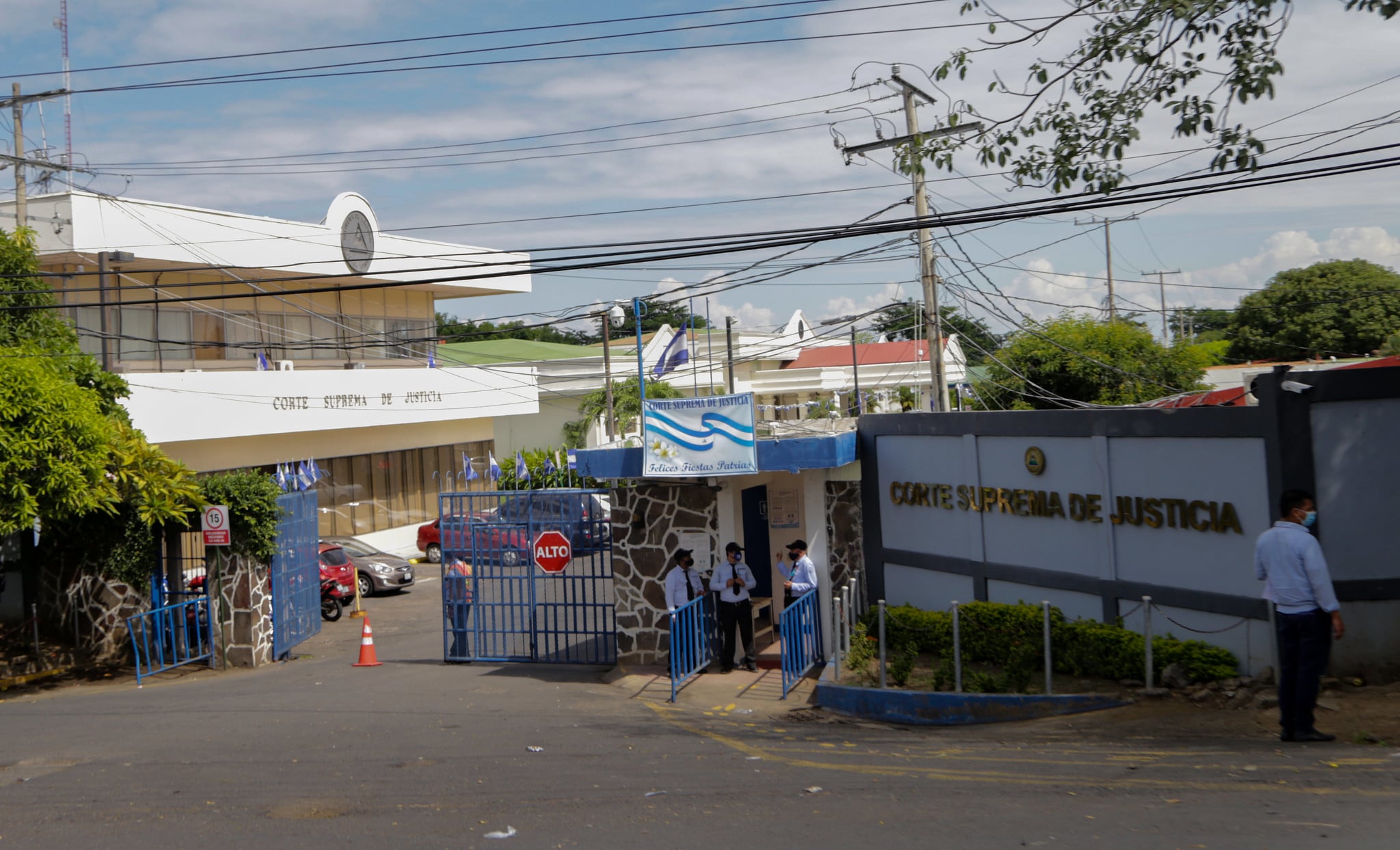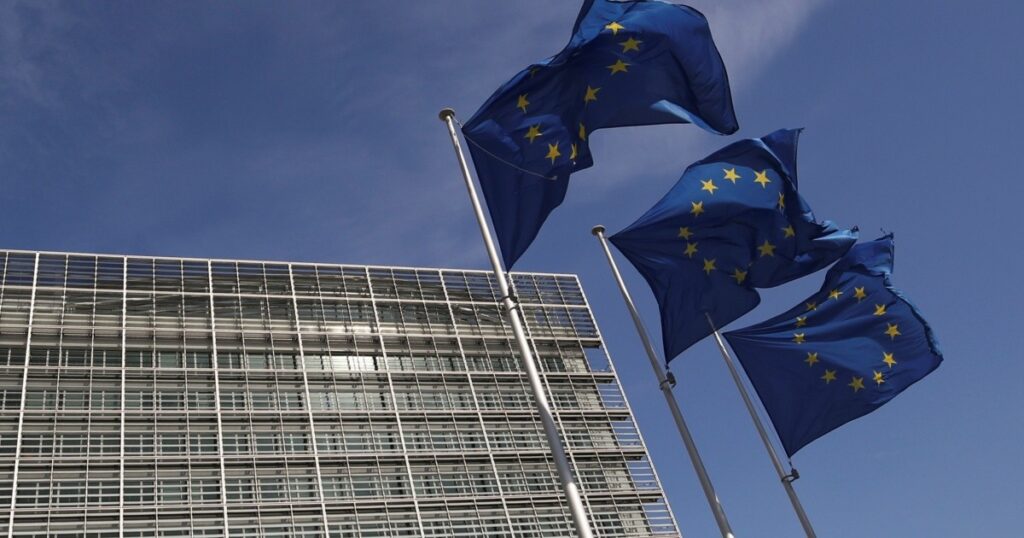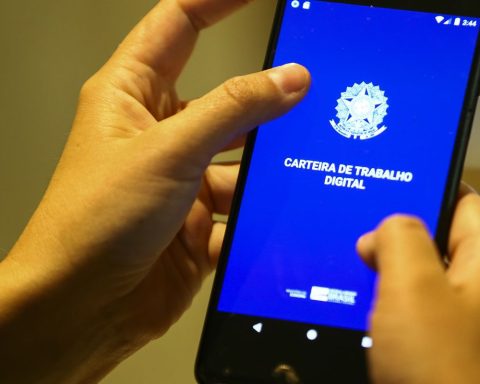The United States described this Wednesday, July 20, as a “total dictatorship” to the Ortega regime, minutes after the US State Department published the report on corrupt and anti-democratic actors, sent to Congress, in which it makes effective the sanction against thirteen judges and ten prosecutors involved in human rights violations in Nicaragua.
The Secretary of State, Antony Blinken, said on his Twitter account that the peoples of Central America deserve the opportunity to create a more democratic, prosperous and secure region, while announcing the publication of the list that includes restrictions on officials of the region in the framework of section 353, which punishes foreigners involved in processes of undermining democracy, significant corruption and obstruction of corruption investigations.
The people of Central America deserve the opportunity to create a more democratic, prosperous, and safe region. Today, with the release of the 2022 list of those who undermine democracy or engage in corruption, we support those building a brighter future. https://t.co/SwPQTATQnn
— Secretary Antony Blinken (@SecBlinken) July 20, 2022
In a conference call prior to Blinken’s statement, Patrick Ventrell, director of the Central American Affairs office at the State Department’s Western Hemisphere Office, lamented that “there is very little, almost no rule of law” in the country.
Ventrell explained that the official decision is linked to the political persecution against people who have tried to exercise their minimum rights in Nicaragua and limits the issuance of visas and the entry into the US of these judicial officials.
The ten sanctioned prosecutors are: Yubelca del Carmen Pérez Alvarado, Perla de los Ángeles Baca, Carlos Rafael Espinoza Castilla, Luis Alberto Mena Gámez, Jorge Luis Arias Jarquín, Martha Ileana Morales Mendoza, María Francis Pérez Mojica, Marling de Jesús Castro Rodríguez, Andrea del Carmen Salas and Auxiliadora del Carmen Sequeira Suazo.
The list also includes the thirteen judges: Erick Laguna Averruz, Nadia Tardencilla Rodríguez, Rosa Baca Cardoza, Irma Laguna, Luden Quiroz García, Melvin Vargas García, Ángel Jancarlos Fernández González, Nancy Aguirre Gudiel, William Howard López, Verónica Fiallos Moncada, Félix Salmerón Moreno, Rolando Salvador Sanarrusia Munguia and Ulisa Yahoska Tapia Silva.
“None of these people, who have done these actions, are welcome in the United States,” Ventrell said during the conference, adding that they are willing to add more people to the list, but acknowledged that this will depend on whether the information with which tell is forceful.
Include more sanctioned
According to the State Department official, they can “further exercise” their authority by complying with a provision of the Biden Administration, from last year, in which they can restrict the entry into the United States of any official of the Ortega regime.
“In There is a total dictatorship in Nicaragua, the possibilities for practical cooperation are minimal, but with all the countries of Central America we continue to look for ways to work on mutual interests, but when there are concerns about something as fundamental as institutions, democracy (…) and we are making a strong call for corrupt actors to stop,” said Ventrell.
In the act of celebration of the 43rd anniversary of the Revolution, this July 19, President Daniel Ortega ruled out any dialogue with the United States Government. In a 40-minute speech in the Plaza de la Revolución, the Sandinista leader said that “the dialogues (with the US) are to put a noose around one’s own neck, that oneself put a noose around one’s neck.” .
“What dialogue can there be with the devil? As Che says: ‘the Yankees, imperialism, cannot be believed even a little bit because they finish you off’. We would like to have good relations with the United States, but it is impossible and here there has never been any aggression against the United States,” the president argued.

















